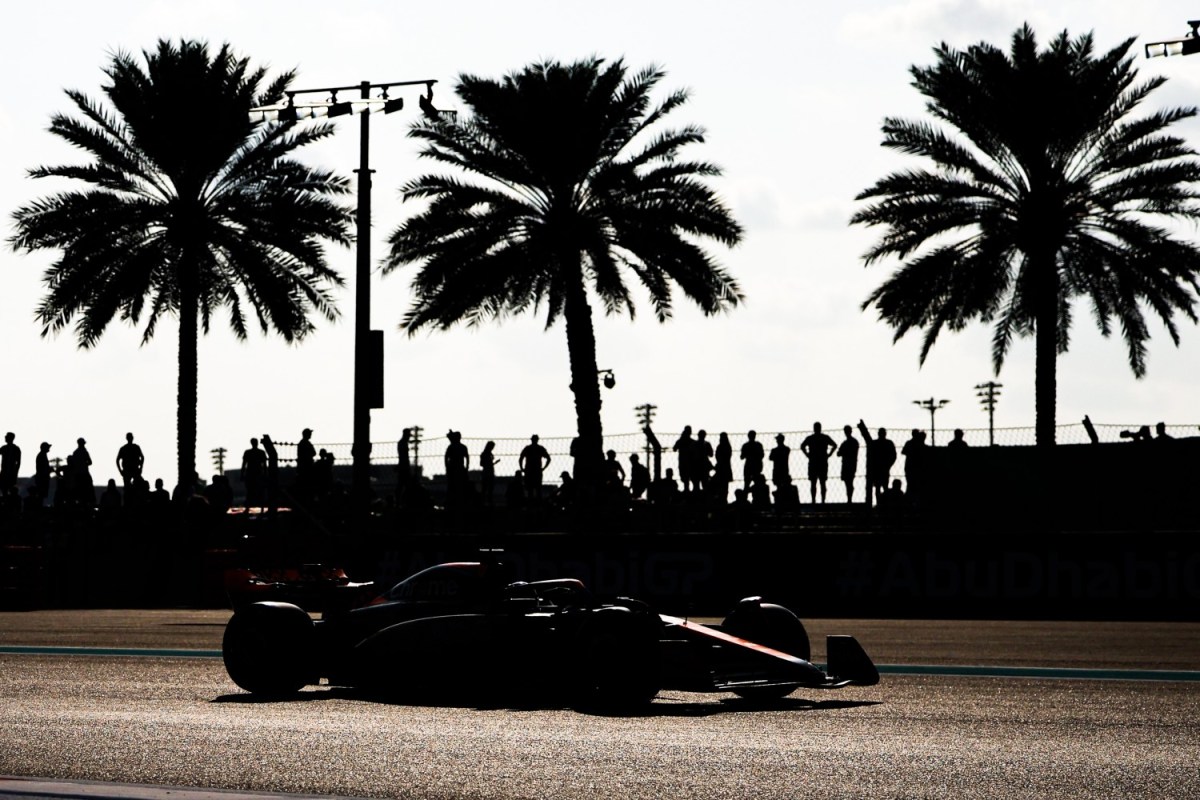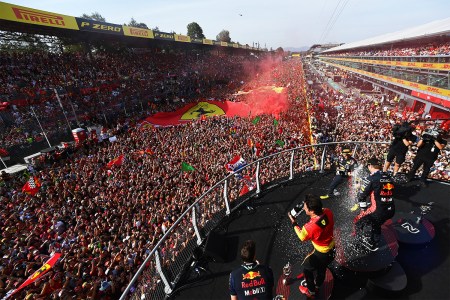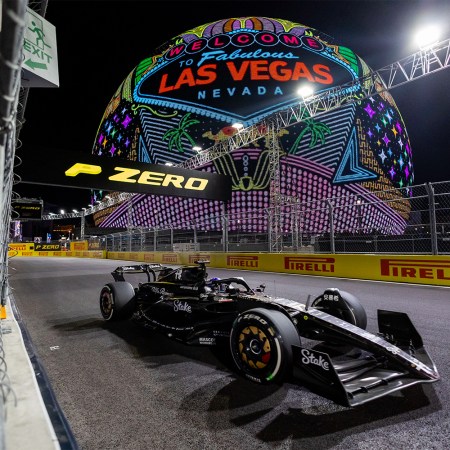Officiating any sport has its challenges — and its potential controversies. And even measures taken to make officiating competitions more precise and nominally just don’t always do the trick. Ask any soccer fan what they think of VAR, for instance, and you’re probably not going to get an enthusiastic endorsement of the technology in question. Now, imagine the challenges involved with monitoring a competition in which multiple competitors are moving around the grounds at high speeds. That’s not a thought experiment, though — that’s the challenge of keeping an eye on any given Formula 1 race.
In turn, it begs the question: can technology and machine learning help race officials keep an eye on which drivers are (and are not) following the rules? As Kris Holt reports at Engadget, there’s an effort underway to throw AI technology into the mix for Formula 1. Holt cited Fédération Internationale de l’Automobile’s own internal reports on the sport’s growing use of automatic technology to monitor violations and allow humans to focus on more challenging issues.
Over the course of the current season, Holt explained, the sport’s Remote Operations Centre has taken on more and more responsibilities as far as monitoring when a vehicle goes out of bounds, which frees up the organization’s staff to explore other aspects of a given race.
“It’s taking workload off Race Control’s desk, and it allows us to expand the total work done by Race Control during a race. It’s true, too, of things like time penalties in the race,” Single Seater Head of Information Systems Strategy Chris Bentley explained. “It used to be that would have to be looked at in Race Control. Now that’s taken offline.”
Formula 1 Is Sweeping the Country. It Still Has a Long Way to Go.
A dream trip to the Monza Circuit for the Italian Grand Prix reveals America’s shortcomings in the sportThe FIA hasn’t ruled out a more VAR-like use for the technology in the future. “When it comes to things like track limits, the ROC, at the moment, is a data crunching facility. Will it evolve in the future? Honestly, I think it might evolve slightly in the direction of VAR where we actually nominate people working remotely as a so-called judge of fact in the motor sport terminology,” said Head of the Remote Operations Centre Tim Malyon. But for the moment, it is a data crunching resource designed to assist Race Control.”
As Holt pointed out at Engadget, this technology will be used at the Abu Dhabi Grand Prix this weekend — offering a glimpse of how much it’s advanced to date and where it might go from here.
This article appeared in an InsideHook newsletter. Sign up for free to get more on travel, wellness, style, drinking, and culture.



















